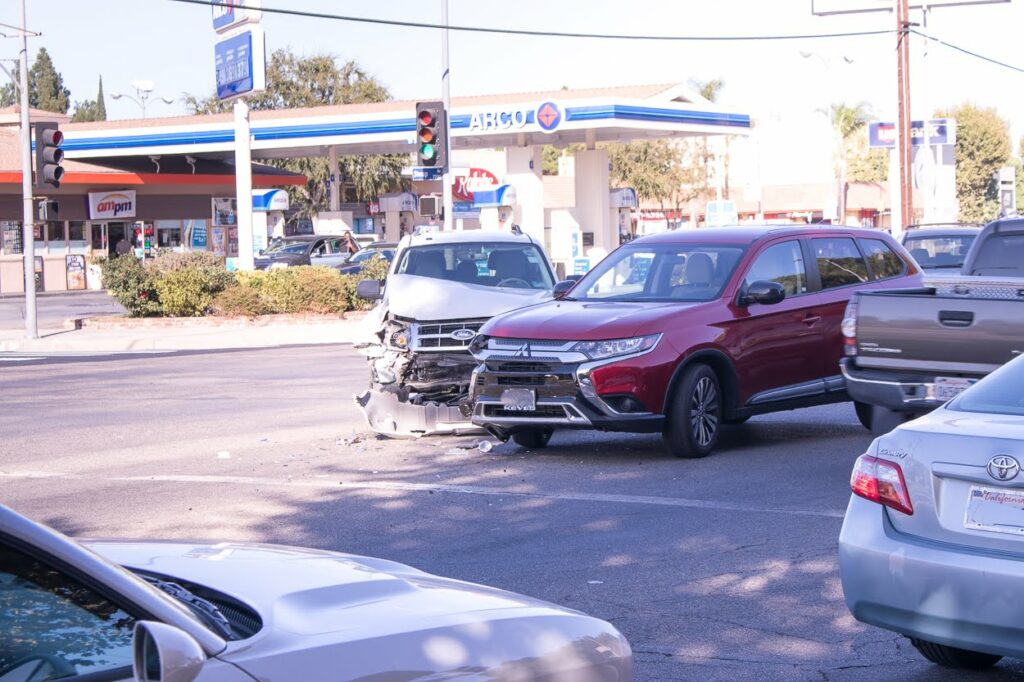Is The Settlement Offer Fair? Should I Accept It?
When you suffer injuries in an accident in Ohio, you may file an injury claim with the at-fault party’s insurance company to seek coverage for medical bills, lost wages, and other expenses associated with the vehicle crash or any other type of accident. Typically, an adjuster will review all the information you submit—including medical records, pay stubs, and other documentation—then put a value to your case. This is called a settlement offer.
Though you may be led to believe the adjuster is on your side and looking out for your best interests, this doesn’t always happen. Adjusters work for the insurance company—not you—which means the offer you receive may not cover all your needs and expenses.
Do you accept the offer or seek legal counsel? Only you can know when you’re in over your head and in need of help. When you do, the compassionate and experienced attorneys at The Attkisson Law Firm, LLC, in Dayton, are ready to help.
What Will a Good Settlement Cover?
Determining whether a settlement offer is good or not is really made on a case-by-case basis. However, after practicing for decades and having handled thousands of cases, attorney Kevin Attkisson knows the main things to look for in a settlement offer:
1.) Is insurance covering all or only part of your medical care?
Sometimes, insurance companies will try to get out of paying the entirety of a claim by saying that certain treatments such as visits to the chiropractor are unnecessary or unreasonable. It’s common tactic insurers use, but adjusters aren’t doctors, and they may not have all the facts—or experience—to make that decision accurately.
2.) Are all your injuries being considered?
Another tactic insurance companies use to get out of paying a fair settlement is by questioning or underplaying a victim’s injuries. Difficult-to-prove injuries such as whiplash and post-traumatic stress disorder are often undervalued. Additionally, an insurer might claim a victim’s injuries were pre-existing, which can lead to little to no coverage at all.
3.) Were you assigned the correct percentage of fault?
Insurers may try to minimize a payout to an accident victim by assigning a higher percentage of fault. This is another common tactic insurers use that can cheat victims out of the full compensation they need and deserve.
4.) Did the adjuster take into consideration long-term care?
Many catastrophic injuries such as spinal cord and brain injuries require ongoing care or additional medical equipment that can total hundreds of thousands of dollars over a victim’s lifetime. These health care needs should be taken into consideration in a settlement offer.
5.) Did the adjuster ask for the right employment records?
If your accident injuries force you out of work and cause you to lose wages, an insurance settlement should cover this financial loss. If an adjuster doesn’t tell you what they need or you fail to provide complete, applicable work history, you may get short-changed in a settlement offer.
6.) Were pain and suffering, taken into consideration?
If an accident causes you to lose consortium or the ability to work, you may have a case for pain and suffering damages. Insurers don’t always include this in their settlement offers, however. Only a skilled attorney can put a price tag on these noneconomic damages and help you recover them from the insurer.
The Attkisson Law Firm, LLC — Ohio’s Heavy Hitters
Attorney Kevin Attkisson has handled more than 100 jury trials for a variety of personal injury cases. We know what to look for and how to present the facts in a way that highlights your true need for full and fair compensation.
We won’t let you face intimidating adjusters and insurance companies alone. We will be right by your side, every step of the way, fighting for justice for you and your loved ones. We’re known as heavy hitters for a reason — we put it all on the line for you.
Talk To Us Today; Give Us a Call!
If you would like to speak with one of our experienced personal injury lawyers, contact our office in Dayton to schedule a free consultation. Call 937-918-7555 or contact us online. Appointments are available at any of our satellite offices in Ohio by appointment only.



